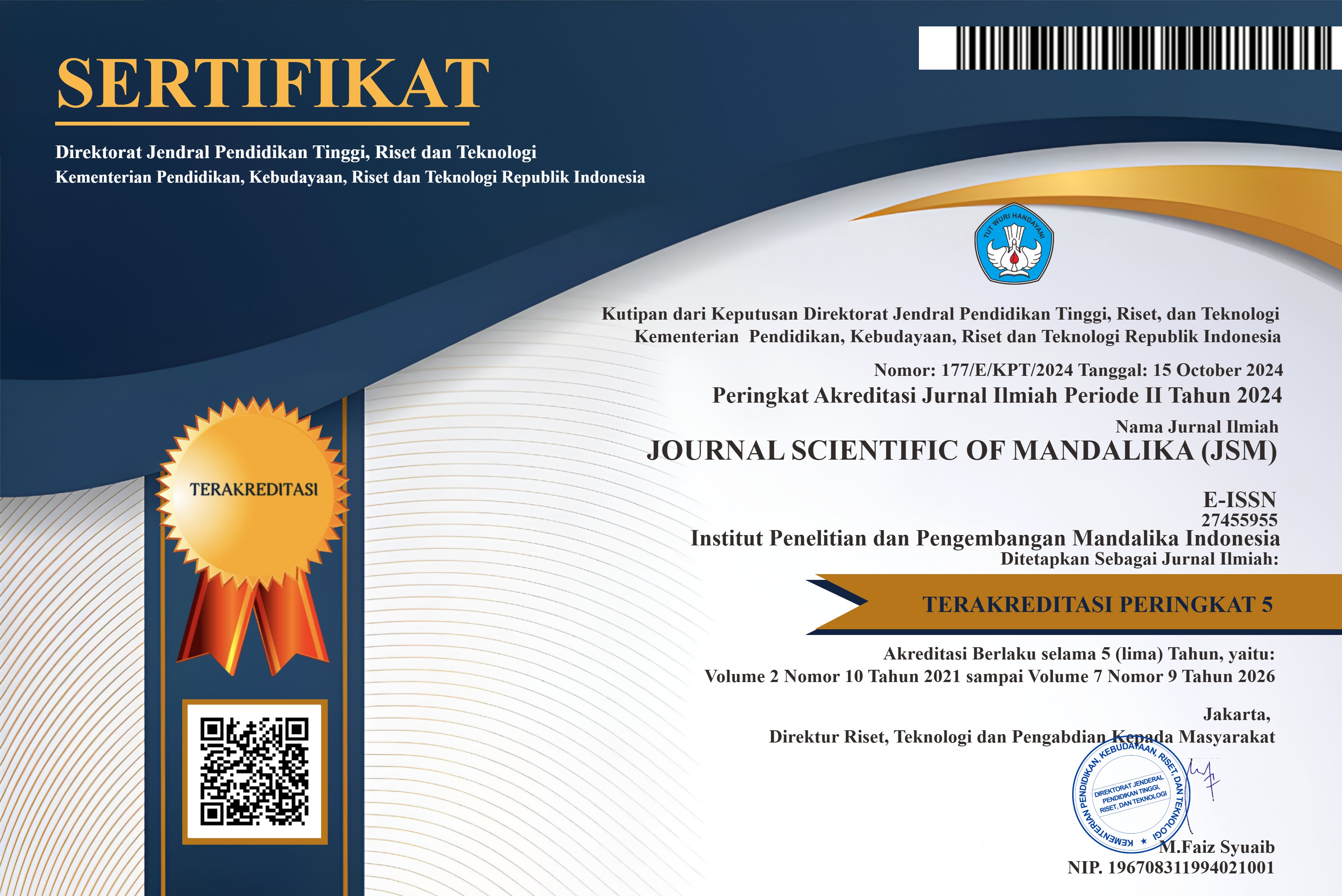Pengaruh Riwayat Salat Tahajud Terhadap Atensi Pasca Paparan Stres Akut
Abstract
Stress is an inability of the body to balance between physical and psychological demands and the capability to fulfill them. Attention is a way for individual to process some information in limited number that is obtained through cognitive process. Tahajud can grow positive perception and motivation that can avoid stress reaction and increase attention. This study aims to determine the effect of Tahajud on attention post-acute stress exposure.The retrospective study was conducted with pre – post-test control group design. The subjects were 38 students, divided into 2 groups (19 students per group), such as the control group that did not pray Tahajud routinely (KK) and the treatment group that prayed Tahajud routinely (KP). Numerical variables of attention function, which are alerting, orienting, and executive control, were analyzed using independent T-test and paired T-testIndependent T-test results obtained alerting significance (p=0,008) between KK post-test and KP post-test, orienting and executive control no significance (p>0,05) between KK and KP. Paired T-test results obtained alerting significance (p=0,000) between KK pretest and KK post-test, orienting and executive control no significance (p>0,05) between KK pretest and KK post-test, and all attention function no significance (p>0,05) between KP pretest and KP post-test.ahajud has no effect on attention post-acute stress exposure.
References
Fan, J., McCandliss, B., Sommer, T., Raz, A & Posner, M. I. (2002). Testing Efficiency and Independence of Attention Networks. Journal of Cognitive Neuroscience, 14(3), 340–347.
Hanafi M, Jumiatmoko, Muhammad F, Wiyono N, Ardyanto TD. (2021). Quran memorization and early childhood development: A case-control with neuroscience approach. Bali Med J., 10(2): 697–700.
Hidayat, A. A. (2009). Konsep Stres dan Adaptasi Stres. Jakarta: Salemba.
Petersen, S. E., & Posner, M. I. (2012). The Attention System of the Human Brain: 20 Years After. Annual Review of Neuroscience, 35(1), 73–89.
Schweizer, K., & Moosbrugger, H. (2004). Attention and Working Memory as Predictors of Intelligence. Intelligence, 32(4), 329–347.
Sholeh, M. (2009). Terapi Shalat Tahajud. Jakarta: Mizan Publika.
Solso, R. L., Maclin, M. K., & Maclin, O. H. (2008). Cognitive Psychology Eighth Edition. United States of America: Pearson.
Sternberg, R.J., & Sternberg, K. (2012). Cognitive Psychology, Sixth Edition. USA: Wadsworth.
Tinnell, C. (2018). The Relationship between Isolation, Distress, and Medical Care among Transgender Coloradoans. ProQuest Dissertations and Theses.
Copyright (c) 2025 Elang Jordan Ibrahim, Muchtar Hanafi, Nanang Wiyono

This work is licensed under a Creative Commons Attribution-ShareAlike 4.0 International License.













